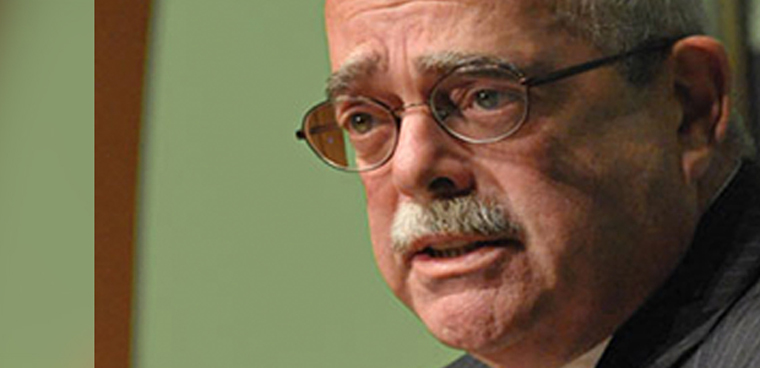Connolly, Eshoo float new Digital Government Office for critical IT projects
Draft legislation would dramatically alter the job currently held by Todd Park.

Rep. Gerry Connolly (D-Va.), pictured above, and Rep. Anna Eshoo (D-Calif.) are circulating draft language for the Reforming Federal Procurement of Information Technology Act.
In the wake of the flawed launch of HealthCare.gov, two prominent House Democrats are teaming up on a proposal that would route the development of high-profile government websites through a new White House IT office. That office would have in-house tech talent and be led by a federal chief technology officer newly empowered to regulate major IT procurement.
Reps. Anna Eshoo (D-Calif.) and Gerry Connolly (D-Va.) released a discussion draft of their Reforming Federal Procurement of Information Technology (RFP-IT) Act. It is designed to work alongside, not supplant, previous reform proposals such as the Federal IT Acquisition Reform Act, which Connolly co-sponsored with Rep. Darrell Issa (R-Calif.).
FITARA, which came close to becoming law as part of the National Defense Authorization Act, is expected to move through the House as a stand-alone bill.
The Eshoo-Connolly bill would authorize the creation of a Digital Government Office and give it oversight responsibility for major IT projects before they are launched. The office would be led by a CTO with the power to hire top talent from the private sector and tap the resources of the Presidential Innovation Fellows. That position would differ from the one currently held by Todd Park in that the new CTO would lead his or her own office and have the power to regulate IT procurement. Park's job is linked to the White House Office of Science and Technology Policy, and he serves as an evangelist and coordinator for open-data policy and other technology initiatives.
In addition, the bill would raise the dollar value of contracts eligible for bidding via a streamlined process from $150,000 to $500,000 in an effort to get more small businesses involved in government IT contracting.
Eshoo said the bill "gives all American innovators a fair shake at competing for valuable federal IT contracts by lowering the burden of entry."
"Studies show that 94 percent of major government IT projects between 2003 and 2012 came in over budget, behind schedule or failed completely," she wrote in an email statement. "In an $80 billion sector of our federal government's budget, this is an absolutely unacceptable waste of taxpayer dollars."
Connolly said that "despite incremental improvements in federal IT management over the years, the bottom line is that large-scale federal IT program failures continue to waste taxpayers' dollars, while jeopardizing our nation's ability to carry out fundamental constitutional responsibilities, from conducting a census to securing our borders."
The bill proposes paying for the new office with surplus General Services Administration fees.






